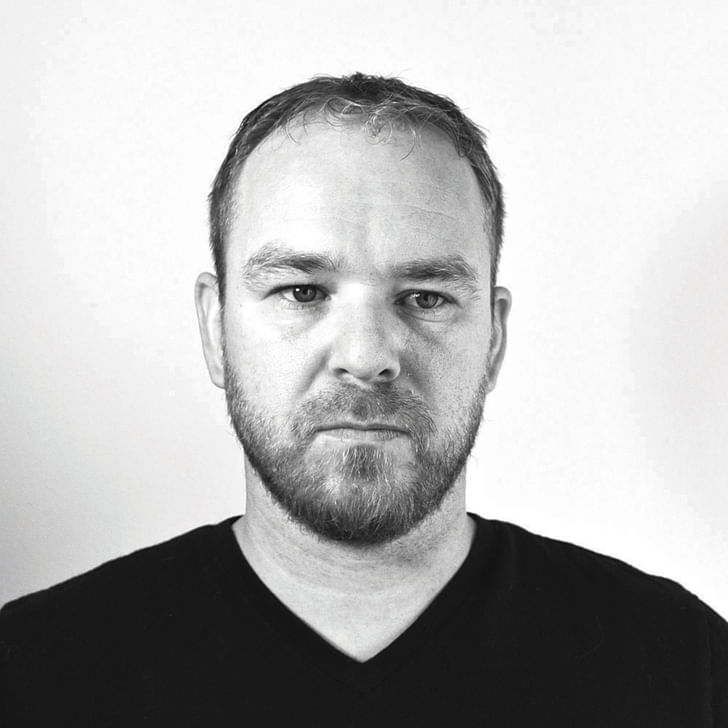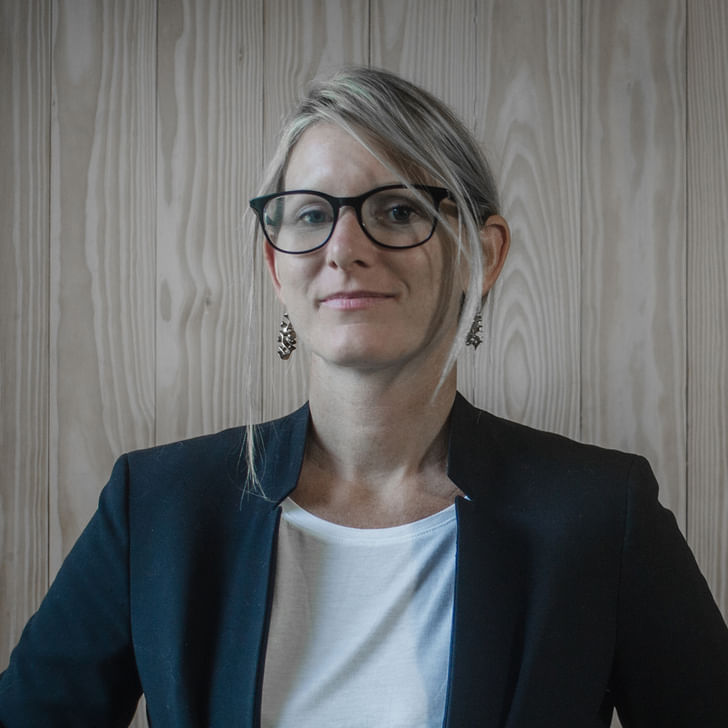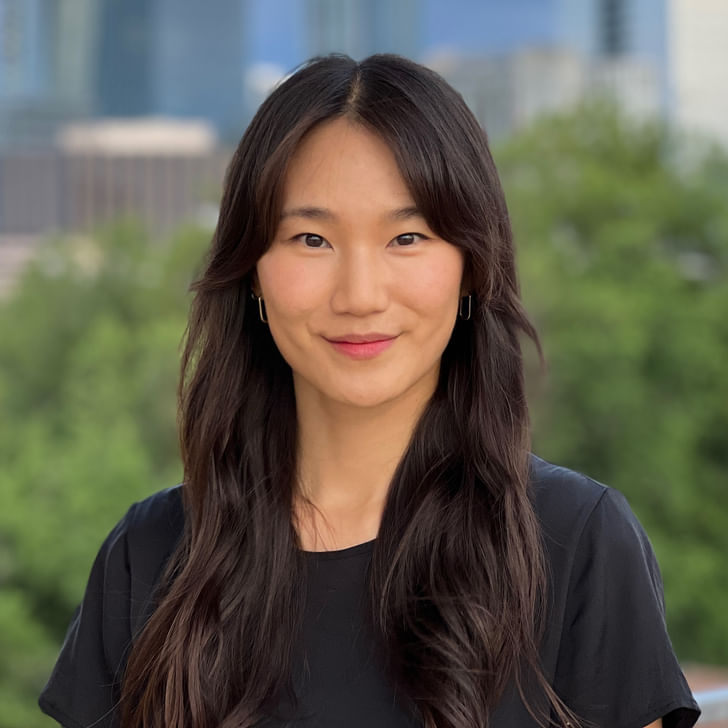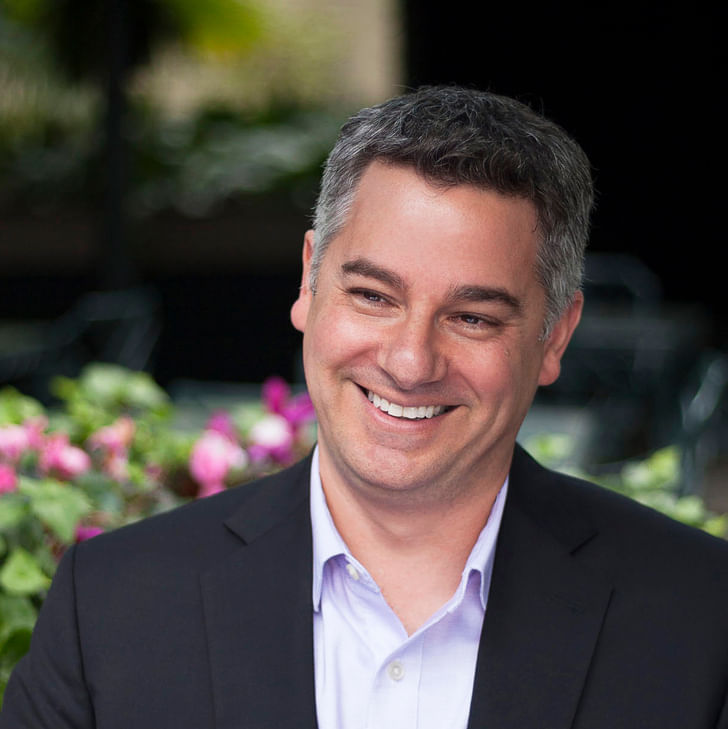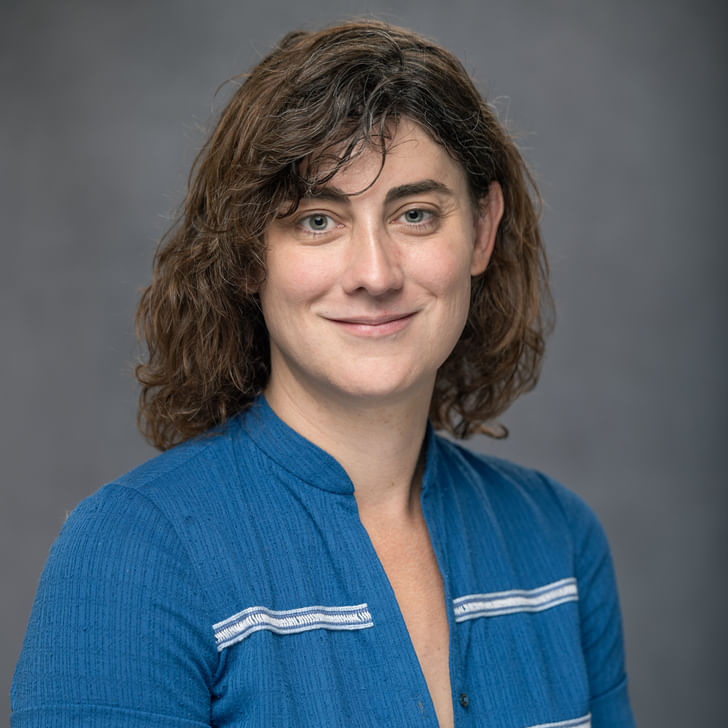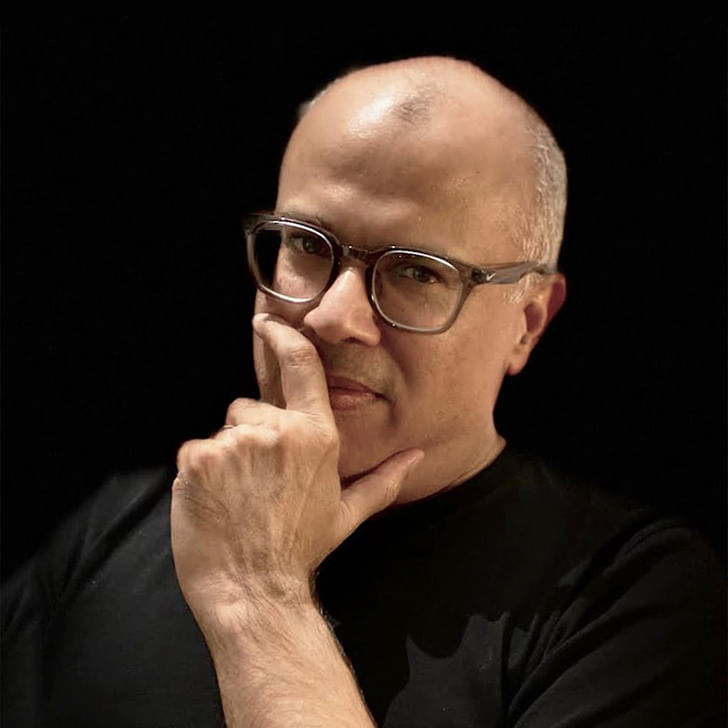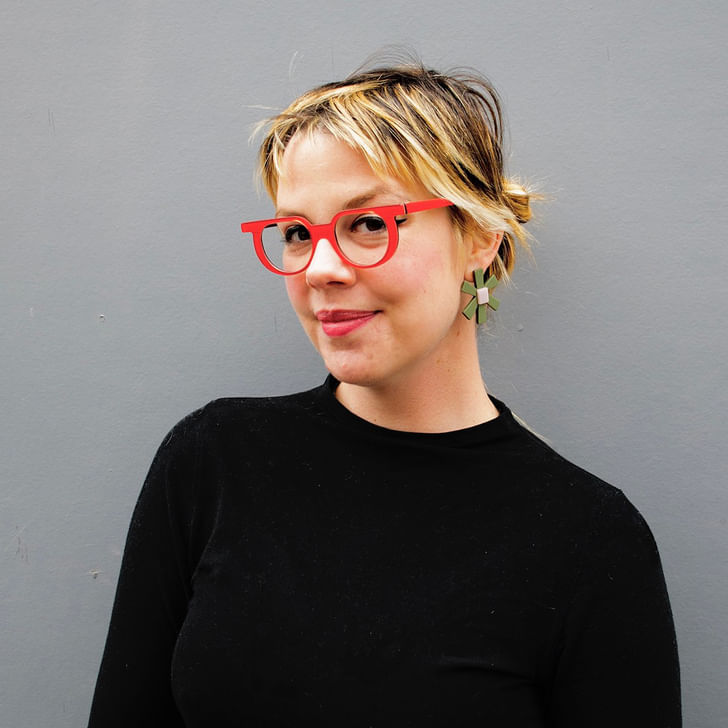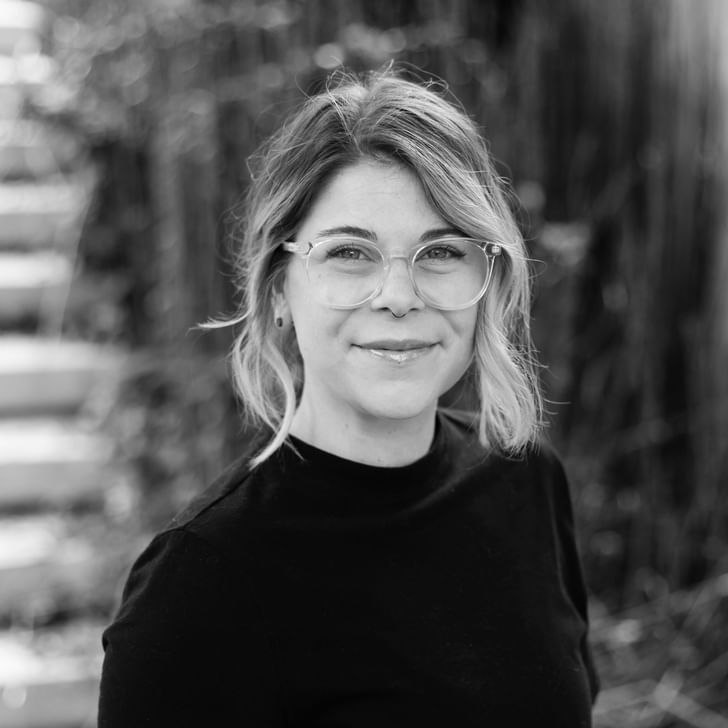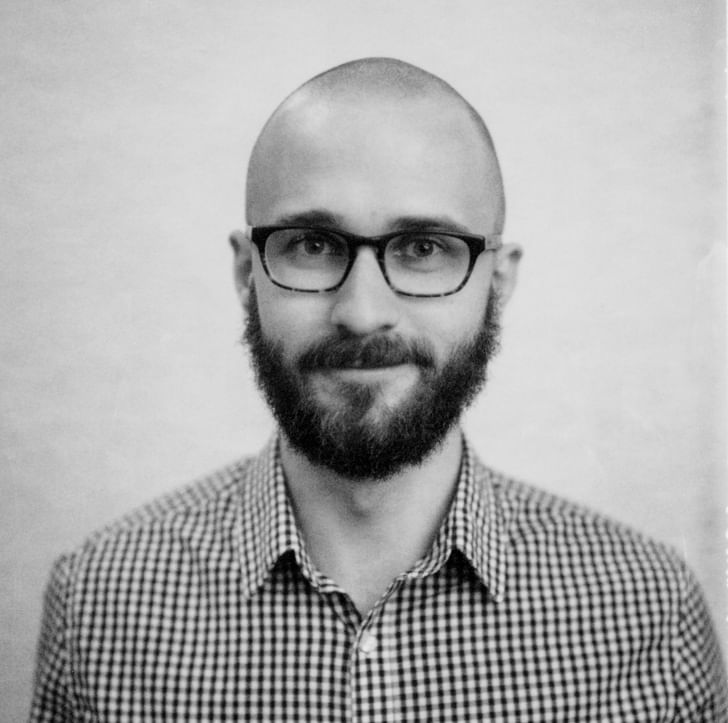A Spotlight on Tulane School of Architecture and Built Environment’s New Faculty Cohort
October 30, 2025
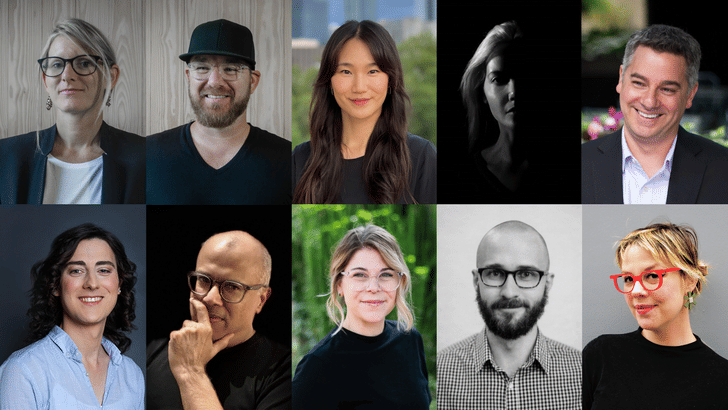
Tulane School of Architecture and Built Environment’s 2025 new faculty cohort. Learn more about them below. Image courtesy of Tulane.
Assia Crawford, Assistant Professor of Architecture
Assia Crawford joins the Tulane School of Architecture and Built Environment as Assistant Professor in Technology with a research agenda that fuses architecture, biology, and critical theory. Her work explores living materials, including mycelium-based textiles and bioactive ceramics, designed to grow and adapt within architectural contexts while offering ecological benefits like carbon sequestration. With a PhD from Newcastle University and teaching experience in the UK and Colorado, Crawford brings a pedagogy rooted in experimental fabrication and interdisciplinary inquiry. She sees New Orleans as a vital collaborator in architectural education, offering a rich cultural and ecological landscape to explore design’s role in fostering resilient, multispecies futures.
When asked what she would like to achieve in this new position at Tulane, she responded: “I hope to establish a living materials research cluster that brings together students, faculty, and community partners to explore bio-design as a tool for ecological repair and narrative expression. My goal is to develop a curriculum and a lab environment where students can engage with mycelium, bacterial cellulose, and other living media in both speculative and applied ways. This would culminate in hands-on installations that respond to local environmental challenges such as coastal erosion and waste infrastructure. I also hope to continue expanding Wild Futures Lab, my current research platform, into a networked initiative that fosters regional collaborations, hosts traveling exhibitions, and promotes public engagement in sustainable design practices.”
Christopher Meyer, Associate Professor of Architecture
Christopher Meyer comes to Tulane as an Associate Professor, bringing a research-driven approach to building performance and tectonics. His current work investigates simplified construction assemblies and the lifecycle of materials (most notably, southern yellow pine as a renewable resource) through the lens of energy, carbon, and environmental impact. With degrees from the University of Arkansas and Harvard GSD, and teaching experience spanning Miami, Minnesota, and beyond, Meyer says he is energized by Tulane’s evolving agenda and the dynamic setting of New Orleans. For him, the delta’s ever-shifting landscape offers a complex context to explore architecture’s role in shaping resilient environments.
Meyer looks forward to “engaging with the TUSABE student
body, with the goal of nurturing their development as emerging
architects who are well-prepared to contribute positively to
both the built and natural environments. Additionally, Tulane’s
location in the historic city of New Orleans along the Gulf Coast
offers a unique opportunity to tackle the contemporary architectural
challenges surrounding energy, the environment, and building
resources. There is great excitement in the rich and intricate
environment of Louisiana for both rigorous scholarly research and
innovative architectural initiatives.”
Shawna Meyer, Professor of Practice in Architecture
Shawna Meyer, Professor of Practice in Architecture, brings a design philosophy rooted in cultural nuance, environmental awareness, and the slow unfolding of place. As principal of Atelier Mey Architects, her work explores the intersection of craft, energy flow, and social context — prioritizing materiality, typology, and resilience. With degrees from the University of Arkansas and the University of Minnesota, and teaching experience at the University of Miami, she sees New Orleans as a rich terrain for architectural inquiry. Its layered histories and ecological complexity offer fertile ground for expanding her practice and engaging students in meaningful, place-based design discourse.
“At Tulane, I hope to build a design pedagogy that bridges academic inquiry and professional practice,” Meyer shared, “one that emphasizes the relationship between the head and the hand, contextual responsiveness, and material experimentation. I am excited for the potential to foster new platforms for collaboration between the university, the city, and the broader Gulf South region. I look forward to contributing to a school that embraces innovation while remaining rooted in real-world impact and community partnerships.”
Yeonhwa Lee, Assistant Professor of Real Estate and Urban Planning
Yeonhwa Lee, Assistant Professor of Real Estate Development, promotes a research agenda shaped by urban planning, housing policy, and data-driven inquiry. With degrees from Penn and UCL, and teaching experience in urban research and quantitative methods, Lee is excited to contribute to Tulane’s interdisciplinary curriculum, particularly in urban design and housing. Her current work explores residential mobility through emerging datasets that offer new insights into policy impacts. For Lee, New Orleans is more than a backdrop; it’s a living case study of affordability, gentrification, and climate resilience. As she says, an ideal setting to engage students in real estate’s evolving role.
“I hope to establish a research program that both responds to the urgent challenges concerning housing and neighborhoods in New Orleans and also contributes to the broader national policy conversations around housing and real estate,” Lee noted. “I hope that such a research program will not only lead to policy impact but also foster opportunities for student involvement in research and engagement with local communities, leading to synergies between research, teaching, and service.”
Darryl Glade, Professor of Practice in Real Estate Development
Darryl Glade steps into his role as Professor of Practice in Real Estate Development at Tulane with a mission to bridge real estate, technology, and entrepreneurship in ways that are both hands-on and forward-thinking. A New Orleans native with deep roots in the city and a career shaped by Proptech and brokerage, Glade brings real-world insight into the classroom. His current research explores how AI is transforming the real estate industry across client engagement and pricing strategies. With a teaching style grounded in case studies and startup experience, he’s eager to help students navigate the evolving landscape of the built environment.
“One thing I hope to achieve is helping students see real estate as more than just development or transactions,” Glade pointed out. “Whether we’re talking about technology, brokerage, or the fundamentals of the industry, there are so many directions students can take. My goal is to build their confidence to think creatively, solve problems, and take action. If they leave the program thinking like entrepreneurs and feeling prepared to bring new ideas into the real estate space, that would be a win.”
Richelle Allen, Professor of Practice in Real Estate Development
Richelle Allen will assume her role as Professor of Practice in Real Estate Development, bringing deep expertise in finance, historic redevelopment, and public policy. With nearly $1 billion in development experience and a leadership role in the Historic Tax Credit Coalition, she is currently collaborating on a research proposal for the Heritage Adaptation and Resilience Program. A Tulane alumna, Allen earned both her undergraduate and master’s degrees in finance from the Freeman School and has taught across graduate programs for over a decade. She is excited to engage undergraduate students and continue her work through Maurepas Partners, all within the uniquely complex and catalytic real estate landscape of New Orleans.
“Most importantly, I want to continue to impart to students the human element of real-estate development,” Allen said. “In every course I teach, I tell students that every dollar sign in your financial model represents someone you must engage with on a personal level, whether they are an architect, a contractor, a lender, an equity investor, an employee, or a family paying their monthly rent.”
Pankaj Vir Gupta, Katz Professor of Architecture and Urbanism
Pankaj Vir Gupta has been appointed as Tulane’s Katz Professor of Architecture and Urbanism, offering a global portfolio and a deep commitment to socially engaged design. His recent work includes the Humayun’s Tomb Site Museum in New Delhi (the first contemporary museum built at a World Heritage Site in India), drawing over 100,000 visitors in its first months. With degrees from UVA and Yale, and teaching experience across institutions in the U.S. and India, Gupta is excited about Tulane’s collaborative spirit and the rich urban context of New Orleans. He sees the city’s post-Katrina regeneration as a living framework for climate-responsive architectural practice.
Envisioning his new role at Tulane, Gupta added: “To share the lessons of our research and practice on megacity urbanity with colleagues and to gain insights on advancing this work from their perspective and scholarship.”
Leah Kahler, Research Assistant Professor – NASEM Gulf Coast Climate Futures Project
Leah Kahler joins Tulane as Research Assistant Professor with a focus on landscape architecture, socioecological systems, and regional plant economies. Her current research traces the geographies of the North American nursery trade, combining fieldwork, interviews, and archival study to understand how landscapes of plant production respond to shifting environmental and market forces. A former McHarg Fellow at the University of Pennsylvania, Kahler has also taught at Columbia and the Boston Architectural College. A Baton Rouge native, she sees New Orleans and the Gulf region as a vital context for landscape pedagogy, where ecological complexity and cultural depth shape design inquiry.
“The bulk of my time will be dedicated to an edited volume about how extractive systems have shaped landscapes and plant cultivation practices across the Gulf South with Assistant Professor Liz Camuti,” Kahler elaborated. “I’ll be conducting research focused on the politics and geographies of living resource extraction — including plants, soils, minerals — and their interconnected production systems for the Gulf.”
Jess Vanecek, Research Assistant Professor – Yamuna River Project
Jess Vanecek, Research Assistant Professor, will focus on climate-driven spatial politics and design in vulnerable territories. Her research examines retreat and relocation in coastal regions, drawing parallels between Chesapeake Bay communities and Louisiana’s Isle de Jean Charles. With dual master’s degrees in architecture and construction management from Washington University in St. Louis, and teaching experience at UVA and the Sam Fox School, Vanecek brings a critical lens to environmental justice and infrastructural resilience. She sees New Orleans as a living laboratory where climate impacts are immediate and design must respond with urgency, care, and contextual depth.
“In my role as Research Assistant Professor on the Yamuna River Project, I’ll be contributing to the next phase of an ongoing research initiative focused on the urbanization of New Delhi and the ecological and cultural restoration of the Yamuna River,” Vanecek explained. “With a background in multi-scalar watershed research and representational methods, particularly drawing and mapping as tools for spatial analysis, I’m excited to guide students through advanced research and speculative design within the studio setting. I also look forward to expanding the project’s reach beyond the studio through direct engagement with localities in India. My goal is to further both the studio curriculum and connections to communities on the ground, helping to translate complex environmental systems into actionable, place-based strategies. I also hope to expand my independent body of research, which focuses on the implications of infrastructure and climate change on coastal and riverine communities, to New Orleans and the Gulf Coast region.”
Sean Fowler, Research Assistant Professor – New Orleans Public Spaces Project
Sean Fowler is a Research Assistant Professor leading the New Orleans Public Spaces Project, where he explores how urban public spaces can function as critical infrastructure. His research and teaching focus on reimagining streets and open spaces to manage water, mitigate urban heat, and reintroduce green systems that enhance both ecological performance and public life. With degrees from Georgia Tech and Tulane, Fowler brings a multidisciplinary background in architecture and sustainable real estate development. Deeply rooted in New Orleans, he sees the city’s layered history, cultural vibrancy, and environmental complexity as a powerful context for architectural education and innovation.
Fowler summarized his plans at Tulane: “My research has focused on ecological urban infrastructures, and I hope to make some contribution to the larger conversations New Orleans and Tulane have been having about urbanism, infrastructure and ecology over the last twenty-plus years.”
Search
RECENT PRESS RELEASES
Related Post

